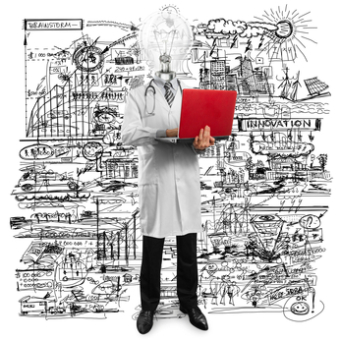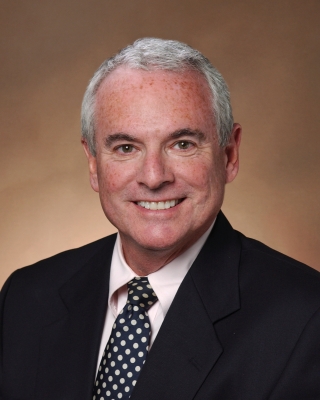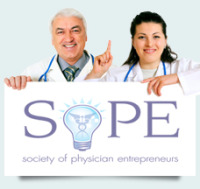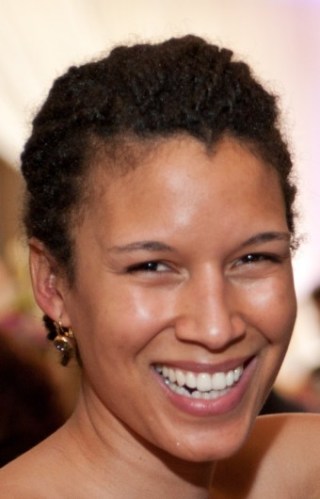The Future Of Medicine Is A Problem and An Opportunity For Young Doctors

Creating Opportunity In Your Future Medical Career.
The world of medicine that the next generation of physicians will be inheriting from their predecessors is the most advanced, complex and dysfunctional in the history of humankind. As future physician begin to take the wheel of a health care system that is at times revolutionary and at times in complete disarray, we must realize a few important facts.
-
We will become the leaders of a heath care system that will have new pressures and demands placed on doctors at an unprecedented rate.
-
We will enter a world with a global aging patient population. This is happening at a rate unseen by any previous generation of physicians and this rate will only continue to increase.\
-
We are entering a more centralized medical care system. This centralization will take place at both the patient-physician and physician-hospital level.
-
The economics of modern medicine demand increased specialization among doctors and this will continue to progress as biomedical advances progress.
These simple facts about our modern health care system present a laundry list of problems and opportunities for young doctors. It also places us in a position to suffer or thrive more than any group of doctors in medical history.
This means one thing, the traditional approach will not work....
The level of specialization, rapidly changing knowledge, outside pressures in today's medical practice has evolved beyond the current medical education models which are still largely build on the 100 year old Flexner Report. Thus, the length of study, focus, and framework are build around principles of medical education have not kept up with the pace of modern medical practice. In fact, there are some leaders in medical education that are and have been calling for a complete overhaul of the US medical education system.
In an interview for the University of Virginia Magazine Dr.Randolph Canterbury, the medical school’s senior associate dean for education said this,
It’s become pretty clear in the last couple of decades that this is probably not the best way to learn something as complex as medicine. The idea that physicians ought to learn the facts of all these various disciplines—anatomy, physiology, biochemistry and so forth—to the depth that we once thought they should doesn’t make much sense. About half of all medical knowledge becomes obsolete every five years. Every 15 years, the world’s body of scientific literature doubles. The pace of change has only accelerated. The half-life of what I learned in medical school was much longer than what it is today.
There will need to be huge changes to every level of the medical system and medical school is not exception. I feel that student doctors who realize medical school cannot, and will not teach them everything they need to make in the future are best in the position for success.
Working hard to learn the skills taught in medical school is imporant but when you consider that most of what you learn will be outdated in 5-10 years, it makes you look at your grades differently.
Yes, getting good board scores and having a nice class rank are important, but the will not be important past residency.
Doctors will no longer expect to graduate and have a killer practice handed to them on a platter. Skills like networking, leadership, managment, and creativity are all vital if you want to separate yourself from the crowd once you become a doctor and they are all completely impossible to teach in a lecture hall.


 3 Comments
3 Comments













"I wouldn't do it twice, but I would not 'not' do it once."
- ZDoggMD